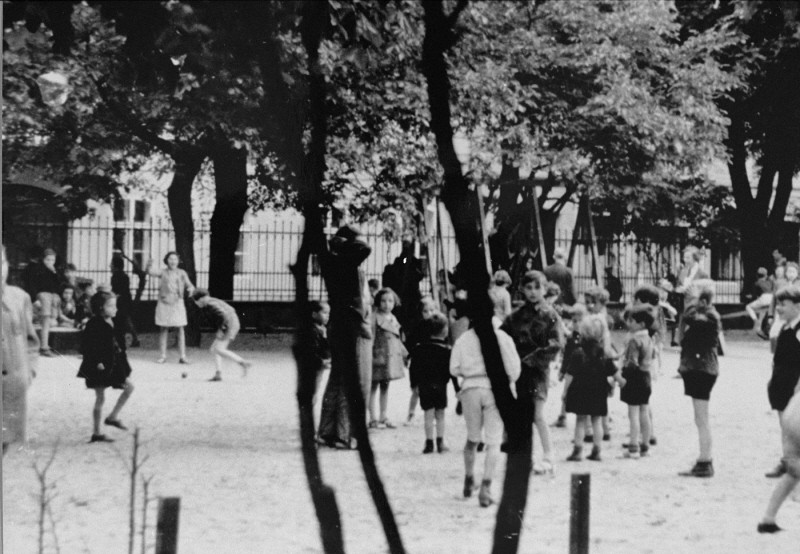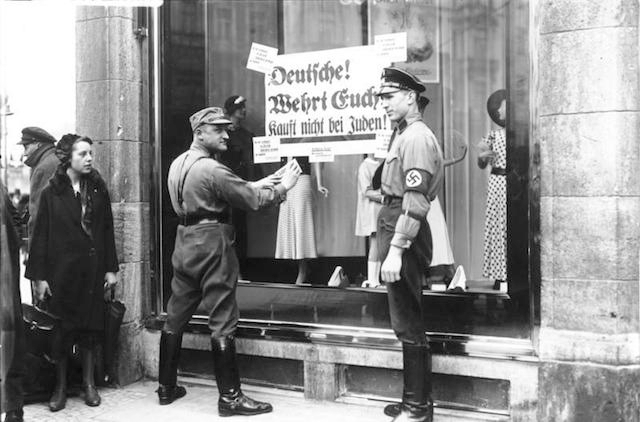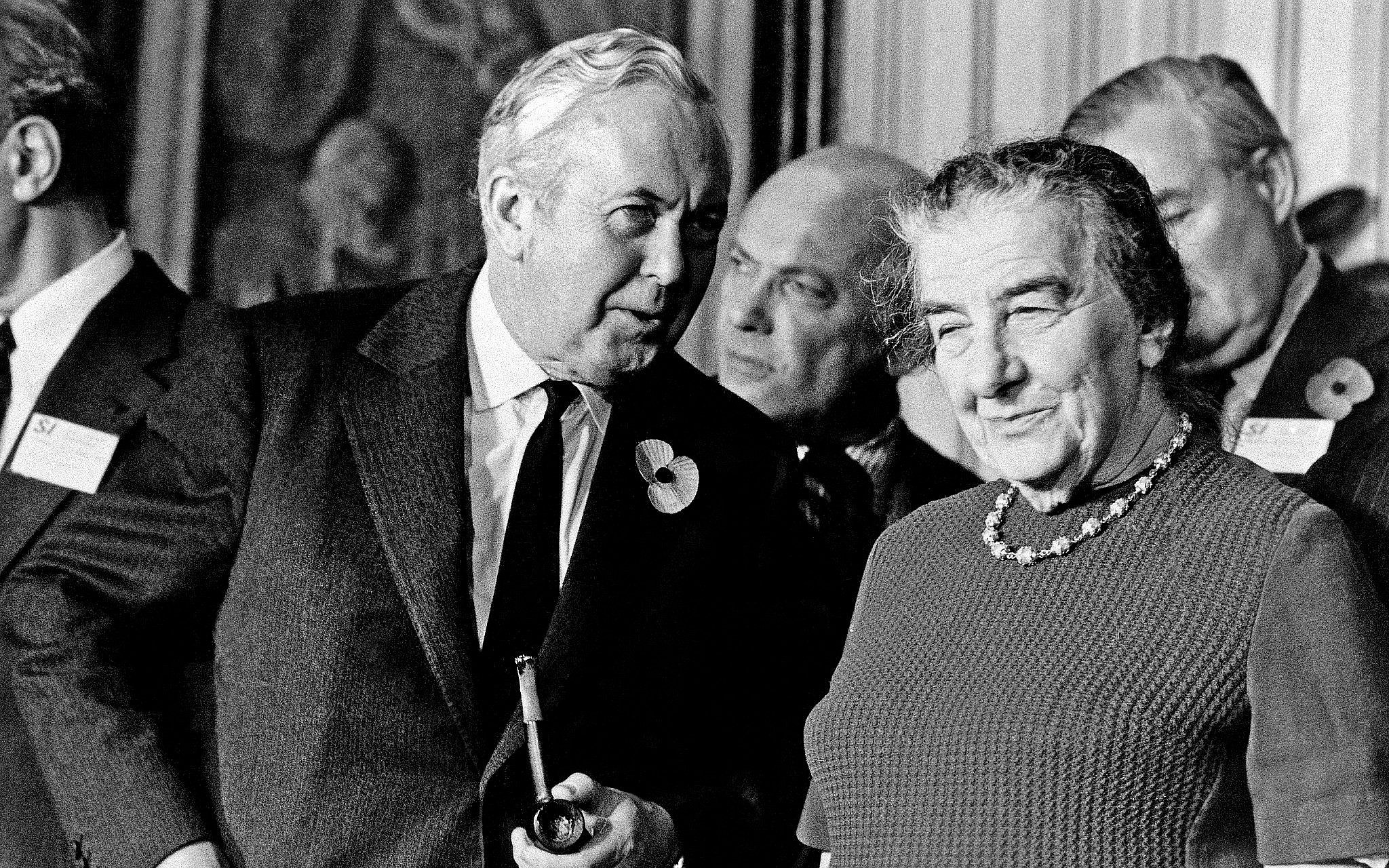How Britain Hoped To Avoid War With Germany In The 1930s

Instituted in the hope of avoiding war, appeasement was the name given to Britain’s policy in the 1930s of allowing Hitler to expand German territory unchecked. Most closely associated with British Prime Minister Neville Chamberlain, it is now widely discredited as a policy of weakness. Yet at the time, it was a popular and seemingly pragmatic policy.

Opinion Robert Kagan book excerpt: America trap shows underestimation of U.S. - The Washington Post

Causes of World War II - WWII & Australia - Library Guides at Norwood Secondary College

You might know about WW2, but what about the “Failure of Appeasement”? – Randy's Awesome blog

Deceiving the Public Holocaust Encyclopedia

Munich Agreement - Wikipedia

The Pity of War Explaining World War I: Explaining World War I (Revised)

Nazi Germany 1933-1939: Early Stages of Persecution
Is it possible that the UK and France's policy of appeasement towards Germany in the 1930s was solely to let Germany expand and come into conflict with the USSR? - Quora

World War II - RationalWiki

When the UK's left-wing prime minister was one of Israel's closest friends

Was Chamberlain wrong to appease Hitler?

How is it possible that the Nazis built such a powerful economy and a huge army in such a short time (1933-1939)? - Quora